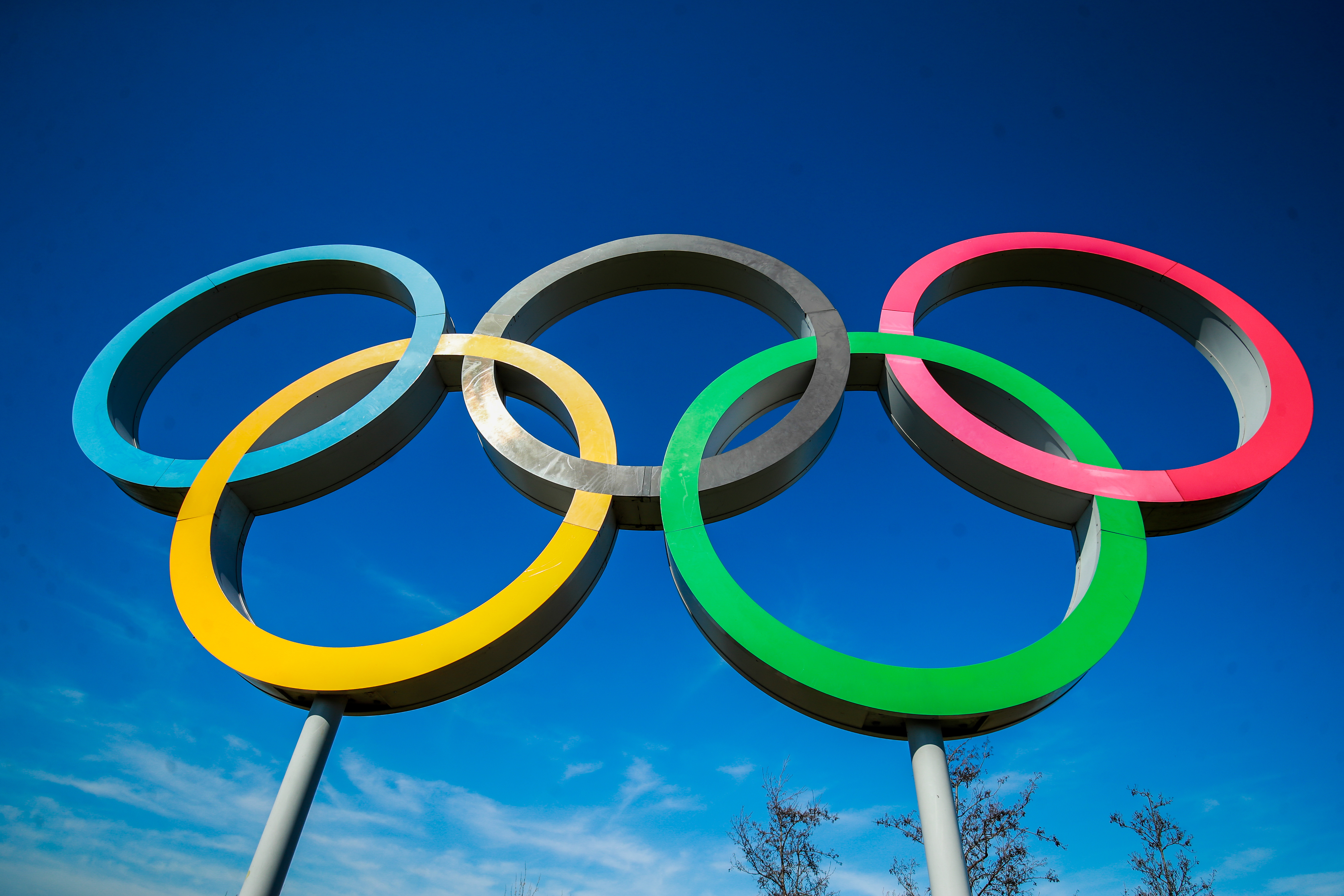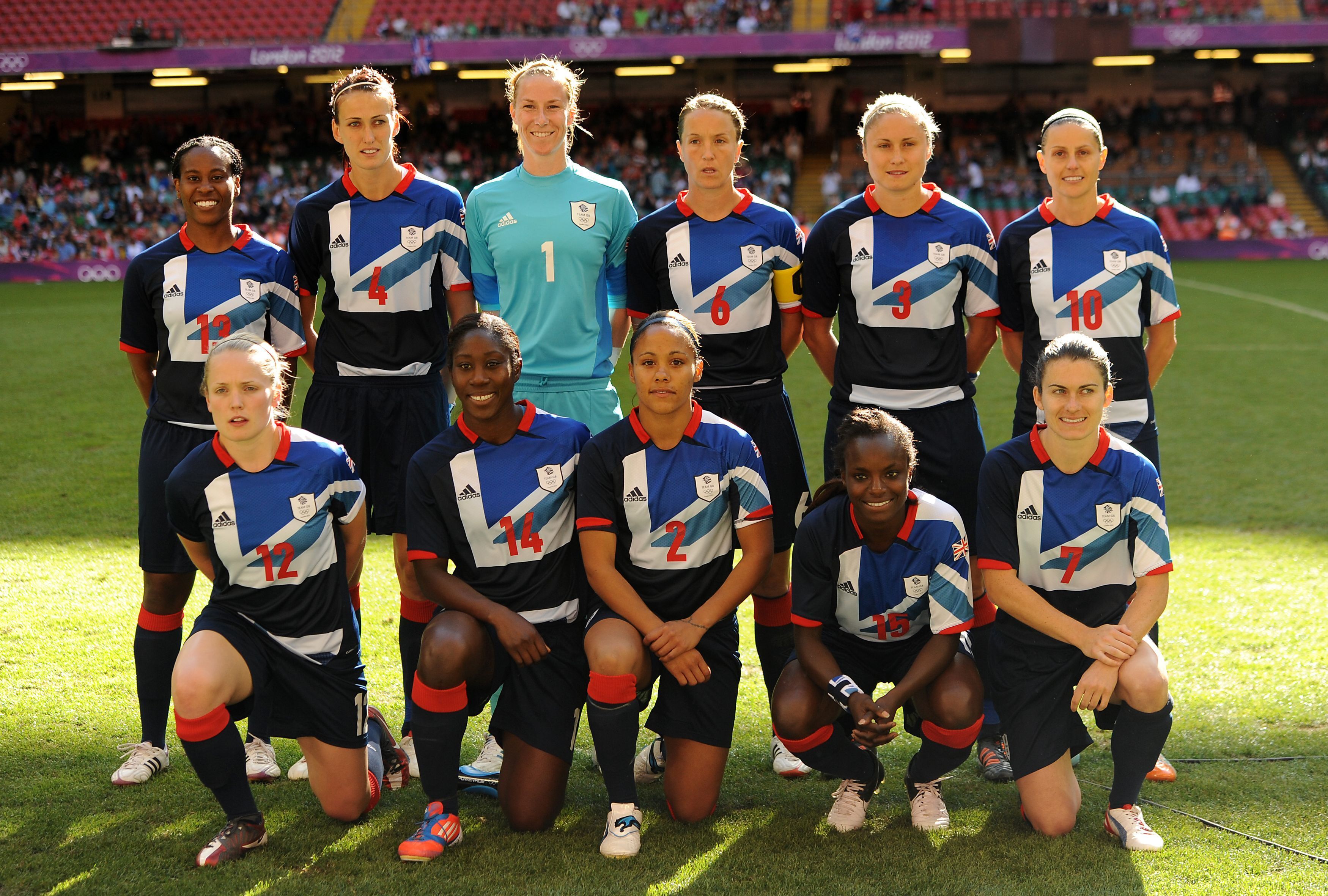
The best features, fun and footballing quizzes, straight to your inbox every week.
You are now subscribed
Your newsletter sign-up was successful
Want to add more newsletters?

Five times a week
FourFourTwo Daily
Fantastic football content straight to your inbox! From the latest transfer news, quizzes, videos, features and interviews with the biggest names in the game, plus lots more.

Once a week
...And it’s LIVE!
Sign up to our FREE live football newsletter, tracking all of the biggest games available to watch on the device of your choice. Never miss a kick-off!
Join the club
Get full access to premium articles, exclusive features and a growing list of member rewards.
If Euro 2024 coming to an end has left a whole in your soul that only a major sporting event can fill, then you're in luck.
Starting just 12 days after the Euros final in Berlin is summer's other tentpole event - the Paris Olympics. Among the 32 sports being contested in the French capital will be men and women's football - although it is a very different tournament to the usual summer competitions.
Here's a look at how it works - and why Team GB won't be competing for the gold medal this summer.
VIDEO Why England Just Lost The Euro 2024 Final
How does the football tournament work at the Olympic Games?
Football has been contested at every Summer Olympic Games since 1900, bar the 1932 games, when FIFA were looking to promote their shiny new World Cup competition, while women's football was added for the first time in 1996.
To avoid direct competition with the World Cup, FIFA have set rules on who can play in the men's tournament, with the current model being that it is an under-23s tournament with three overage players allowed.
In the women's game, the Olympics is classified as a full senior-level international tournament.
The best features, fun and footballing quizzes, straight to your inbox every week.
Why aren't Team GB playing at the Paris Olympics?

We'll start with the men, as that's the more complicated situation.
Whereas FIFA governs the World Cup and European Championship, the Olympics fall under the jurisdiction of the International Olympic Committee (IOC) - and this is where the issue lies.
In these FIFA or UEFA competitions, each country in the UK has it's own team - England, Wales, Scotland and Northern Ireland - meaning each of these four sides competes as their own nation.

However, the IOC classifies Great Britain as one entity and while we did see a Great Britain team compete during the first half of the 20th century, winning gold in 1900, 1908 and 1912, they competed for the final time in 1960, as Scotland, Wales and Northern Ireland feared their continuing participation threatened their status as individual competitors in FIFA tournaments.
While we did see a one-off compromise reached for the London 2012 Games, when Team GB lost to South Korea in the quarter-finals, no agreement has been sought since, so there will be no Team GB in Paris.
The situation around the women's team is different, as an agreement was reached for the Tokyo Games in 2020, which saw the home nations agree that the highest-ranking nation between the four would claim one of the three slots for European sides, should they qualify. Unfortunately, England, the best home nation finisher, were unable to qualify, with France, Spain and Germany taking the three spots.
More stories
Amazon Prime Day 2024: Best football deals and best soccer deals for fans
Your laptop is useless and the completely revamped Football Manager 25 is released soon - Amazon Prime Day will help you sort your life out
Kylian Mbappe's favourite earphones have been reduced to unmissable price this Amazon Prime Day
For more than a decade, Joe Mewis has worked in football journalism as a reporter and editor. Mewis has had stints at Mirror Football and LeedsLive among others and worked at FourFourTwo throughout Euro 2024, reporting on the tournament. In addition to his journalist work, Mewis is also the author of four football history books that include times on Leeds United and the England national team. Now working as a digital marketing coordinator at Harrogate Town, too, Mewis counts some of his best career moments as being in the iconic Spygate press conference under Marcelo Bielsa and seeing his beloved Leeds lift the Championship trophy during lockdown.
 Join The Club
Join The Club











